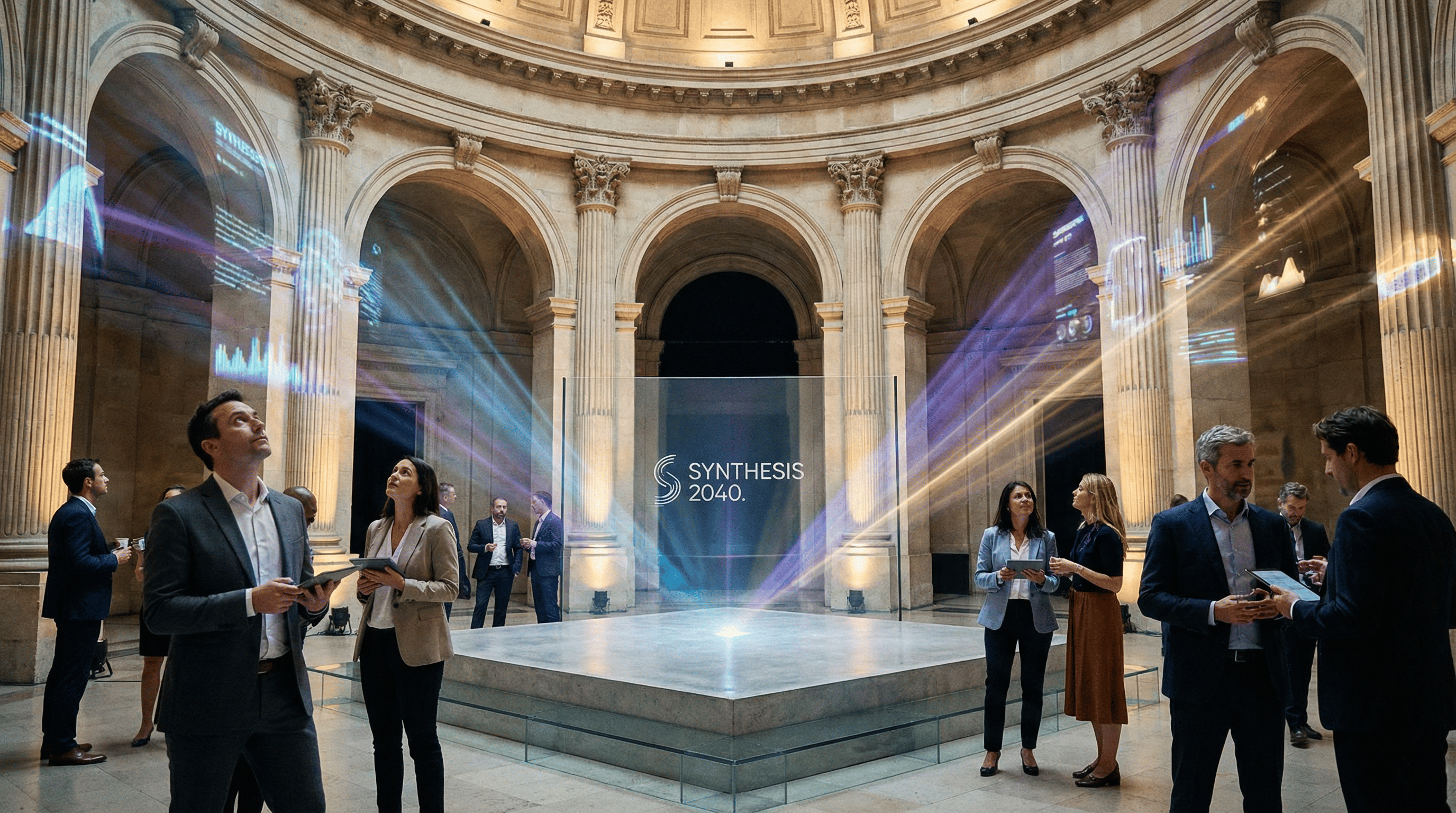
Corporate event planners are the behind-the-scenes strategists that turn business goals into engaging, ROI-driven experiences. From conferences and seminars to product launches and networking mixers, their work is far more complex than booking venues and sending invites. With growing pressure on companies to make every marketing dollar count, the role of an event planner has become both tactical and strategic.

1. Strategic Corporate Event Planning and Goal Setting
Aligning Events with Business Objectives
Corporate event planners begin by understanding the company’s broader goals—brand positioning, lead generation, employee engagement—and craft events that serve those ends.
Defining KPIs and Success Metrics
Planners identify measurable outcomes such as attendance rate, engagement levels, or post-event conversions to evaluate success.
2. Budget Management and Cost Optimization
Maximizing ROI
They handle budget allocation, vendor negotiations, and contingency planning, always aiming for maximum impact with minimal waste.
Cost-Effective Resource Allocation
Corporate event planners optimize spending by prioritizing high-impact elements like keynote speakers and experience-enhancing tech over less impactful frills.
3. Venue Selection and Logistics Management
Choosing the Right Space
From intimate client dinners to large-scale conventions, choosing the right venue is about ambiance, accessibility, and brand alignment.
Coordinating Vendors and Timelines
They oversee all operational elements, including AV setup, catering, parking, security, and setup/tear-down schedules.
4. Guest Experience Design
Crafting Memorable Moments
From branded swag to immersive activations, planners use creativity to ensure attendees have a memorable experience that aligns with brand values.
Managing Flow and Engagement
They design event flow to avoid bottlenecks and keep participants engaged through interactive sessions, networking breaks, and surprise elements.
5. Technology Integration
Utilizing Event Platforms
Corporate planners implement platforms for ticketing, registration, and real-time analytics to monitor engagement and attendance.
Leveraging AV and Hybrid Solutions
In a post-pandemic world, many events are hybrid. Planners manage AV logistics and streaming tools to ensure quality participation for in-person and virtual audiences.
6. Stakeholder and Sponsor Management
Balancing Interests
Planners act as liaisons between sponsors, partners, speakers, and internal teams to align expectations and deliver mutual value.
Maximizing Sponsor Visibility
From booth placements to branded sessions, planners create strategic visibility opportunities for sponsors to boost engagement.
7. Marketing and Promotion
Driving Attendance
Event planners coordinate multi-channel marketing campaigns via email, social media, and professional networks like LinkedIn to drive interest and RSVPs.
Building Anticipation
They often use teaser content, influencer marketing, and countdown campaigns to build excitement pre-event.
8. On-Site Execution
Commanding the Floor
On event day, planners orchestrate every detail—from registration flow to stage management—ensuring smooth delivery.
Real-Time Troubleshooting
They’re trained to think on their feet, resolving any unforeseen issues from speaker delays to weather-related disruptions.
9. Post-Event Evaluation and Reporting
Gathering Feedback
Surveys, interviews, and social media listening help planners understand what worked and what didn’t.
Data-Driven Reporting
Planners compile key performance data to present ROI metrics to stakeholders, forming the basis for future improvements.
10. Building Long-Term Corporate Event Strategy
Establishing Event Calendars
They create annual or quarterly event calendars to keep audiences engaged year-round and support sustained brand momentum.
Creating Repeatable Frameworks
Planners document processes and create templates to standardize execution, ensuring consistency and quality across events.
Conclusion
Corporate event planners are essential architects of business experiences. Their role blends creativity with precision, logistics with leadership. From concept to completion, their ability to align events with brand goals, optimize resources, and deliver memorable experiences makes them invaluable to modern business strategy.
FAQs
1. What is a corporate event planner?
A corporate event planner is a professional who organizes and manages business events to meet specific company goals, such as brand awareness or client engagement.
2. What skills are essential for corporate event planners?
They need organizational skills, budget management, communication, vendor negotiation, tech literacy, and crisis management.
3. How do event planners add value to a business?
They align event strategy with business objectives, manage costs efficiently, and create engaging experiences that boost brand credibility.
4. What’s the difference between an event planner and an event coordinator?
Planners oversee the event from start to finish, while coordinators typically execute pre-defined plans on-site.
5. Can corporate event planners handle virtual or hybrid events?
Yes, most modern planners are well-versed in managing hybrid and virtual events using platforms, streaming tools, and remote engagement strategies.


.png)
.png)

.png)
